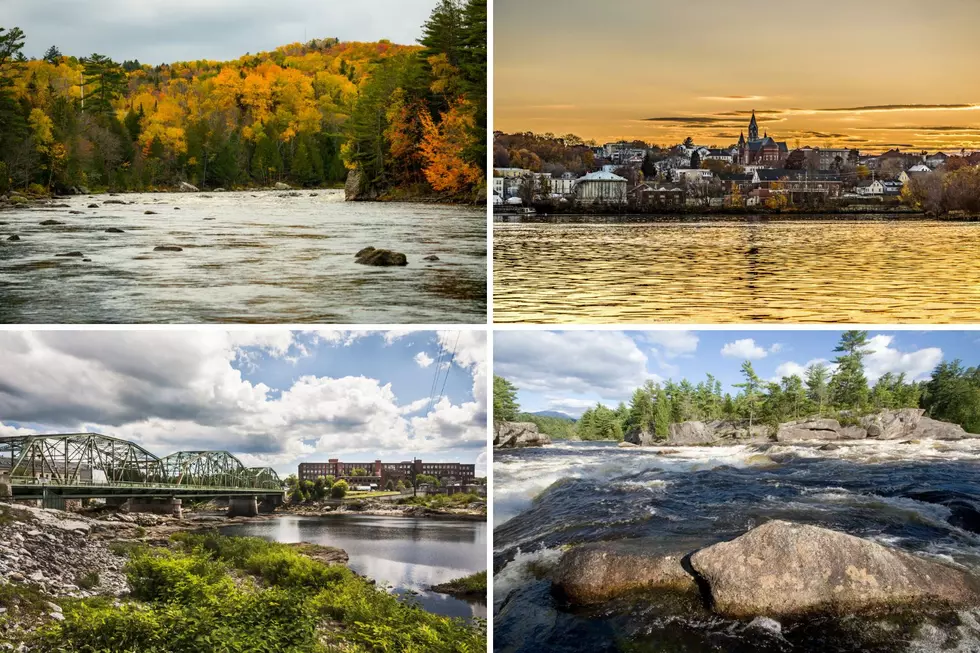
Maine Likely to See Temperatures in the 70’s and 80’s Next Week
If it feels like every day has been exactly the same weather-wise in Maine for the last couple months, you're not alone. Maine and most of New England has been stuck in a seemingly endless weather stream that features lot of chilly temperatures, cloudy days, and not nearly enough regular warmth for this time of year. But things are about to change.
Shared on Twitter by Robert LaRoche, confidence is growing amongst forecasters that a significant warm-up is coming for Maine and all of New England at some point next week. For almost all of March and the beginning of April, the region has been carrying temperatures that are below the normal average thanks to arctic air not allowing the warm air to take over.
Starting on Sunday, people in Maine should begin to feel a tangible difference when they walk outside in the morning. Instead of that frigid chill that has been common on most mornings, an almost summer-like warmth will become the norm. High temperatures should slowly climb throughout next week, and if all goes well, the finale will be memorable.
Long range forecasts are calling for high 70's and low 80's for the weekend of April 14, 15, and 16. That spring version of a heat wave would extend across much of the state and would probably lead to some early beach time, barbecues, and backyard parties for those that have been beaten down by winter. Just how high the temperatures will be and how much sun will be coming along with it will become more clear in the next week or so.
25 Celebrities Who Have Owned Homes In Maine
LOOK: The most expensive weather and climate disasters in recent decades
More From 102.9 WBLM









